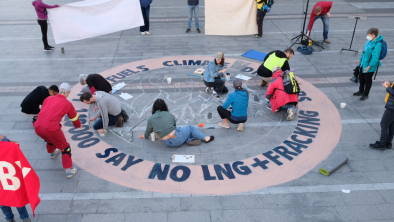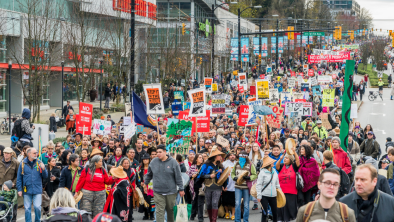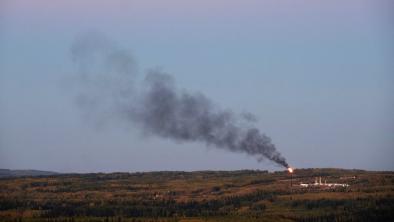NGO submission to UN highlights impacts of Site C dam on Indigenous rights, food security

News Release
Four BC-based NGOs who made a submission to the UN Committee on Economic, Social and Cultural Rights are hopeful that the Canadian government, in Geneva this week to be questioned by the Committee, will seriously consider the human rights and food security impacts of the Site C mega-dam in BC.
“Giant hydro projects like Site C have been shown to be yesterday’s approach to energy development due to their disastrous impacts on human rights, including food security, as well as on the environment,” said Wilderness Committee National Campaign Director, Joe Foy.
“Currently BC has an excess of electrical power production, but if we needed more in the future, geothermal resources are abundant and far less harmful.”
The submission notes the “severe impacts on a number of First Nations and Métis peoples, most especially First Nations represented by the Treaty 8 Tribal Association” arising from the construction of Site C, and noted that losing the valley bottom would also cause significant impacts on the rights to food security for both indigenous and non-indigenous citizens.
“Site C will impact indigenous food security by destroying significant amounts of moose habitat, and by causing contamination of fish with methylmercury,” explained Andrea Morison of the Peace Valley Environment Association, a group based in the project area in northeastern BC. “For non-indigenous Canadians, the concern is the loss of uniquely productive farm lands.”
The submission notes that the land that would be flooded behind Site C is capable of providing fruits and vegetables to satisfy the nutritional requirements of one million people – one quarter of the BC population. With only 5 per cent of British Columbia’s land mass suitable for agriculture, the province is heavily dependent on food imports from California and other areas that are experiencing severe, ongoing climate-related drought and loss of productive capacity. As a result, the price of fruits and vegetables is rising, and this trend is expected to continue.
“The governments of British Columbia and Canada have failed to provide for food security as an essential climate adaptation measure to avoid or at least reduce human suffering from climate change,” said Sierra Club BC campaigner Ana Simeon.
“The UN is watching. We call on Prime Minister Trudeau to hit the pause button on Site C until the project’s impact on Treaty rights can be determined by the courts,” said Candace Batycki of the Yellowstone to Yukon Conservation Initiative.
Site C is already the subject of a UNESCO inquiry into the downstream impacts on the Peace Athabasca Delta, a World Heritage Site. The UNESCO World Heritage Committee has asked Canada not to allow any irreversible impacts from resource projects until the mission has completed its site inspection and report. A UNESCO delegation will be visiting the Peace region in May-June 2016.
- 30 -
Contacts:
Ana Simeon | Sierra Club of British Columbia, (778) 677-4740
Andrea Morison | Peace Valley Environment Association, (250) 793-7279
Candace Batycki | Yellowstone to Yukon Conservation Initiative, (250) 352-3830
Joe Foy | Wilderness Committee, (604) 880-2580


